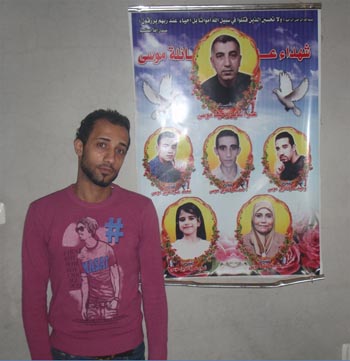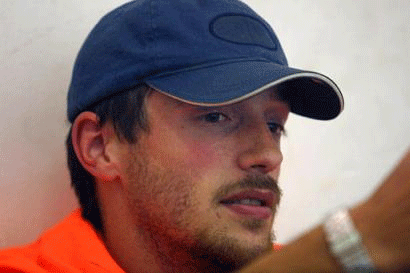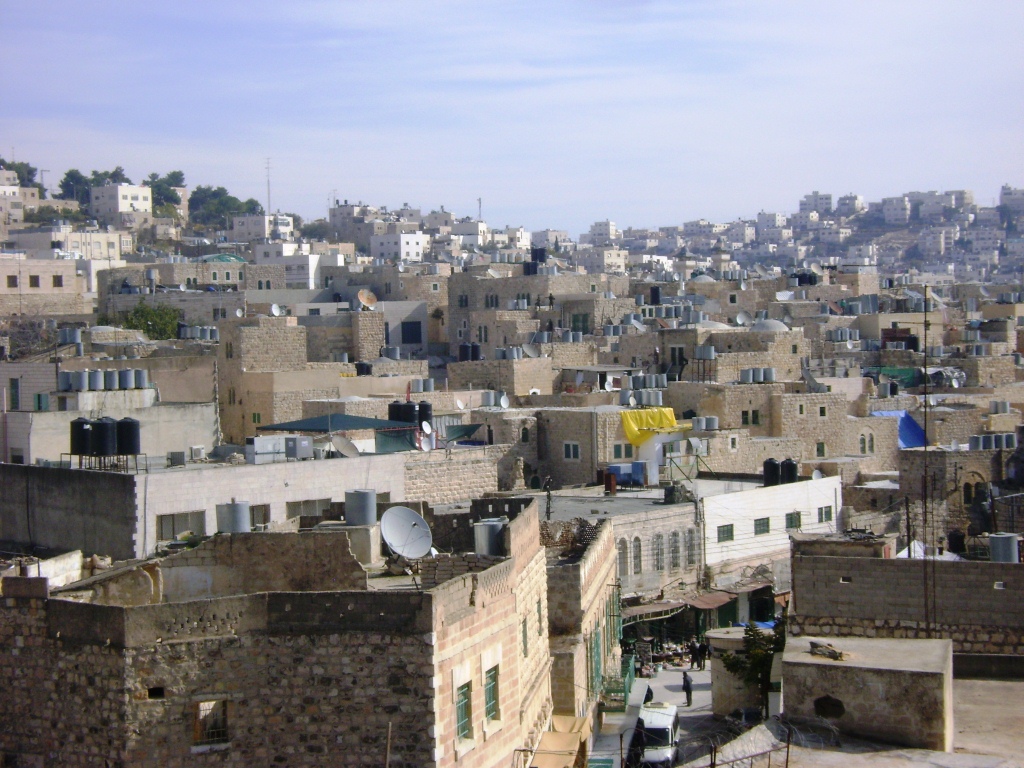-
14 January 2009 – Muhammed Mousa
14 January 2012 | Palestinian Centre for Human Rights “We would stay up late at night talking with each other about what had happened over the day, we were brothers, if ever I needed anything I could go to them and they would help me out” On 14 January 2009, at approximately 21:00, Israeli aircraft […]
-
We Remember: Tom Hurndall
13 January 2012 | International Solidarity Movement Tom was 21 years old when he was shot. A photography student, he had left the UK to volunteer as a ‘human shield’ in Iraq. Here he heard about the ISM, one of whose volunteers, Rachel Corrie, had just been killed by a bulldozer whilst protesting house demolitions […]
-
Palestine doesn’t ask for aid, but for freedom and recognition
by Emma 13 January 2012 | International Solidarity Movement, West Bank I always knew I would go to Palestine one day. It wasn’t until I met my four friends from Gaza, Motasem, Mohammed, Hussein and Mo’min, during my time as an exchange student at a Turkish university, that I finally decided to go. Their humble and honest […]
Action Alert An Nabi Saleh Apartheid Wall Arrests BDS Bethlehem Bil'in Cast Lead Demonstration Denial of Entry Ethnic Cleansing Farmers Gaza Global Actions Hebron House Demolition International law Israeli Army Jerusalem Live Ammunition Nablus Ni'lin Prisoner Ramallah Rubber-coated steel bullets Settlement Settlers Settler violence Tear-Gas Canister Video



